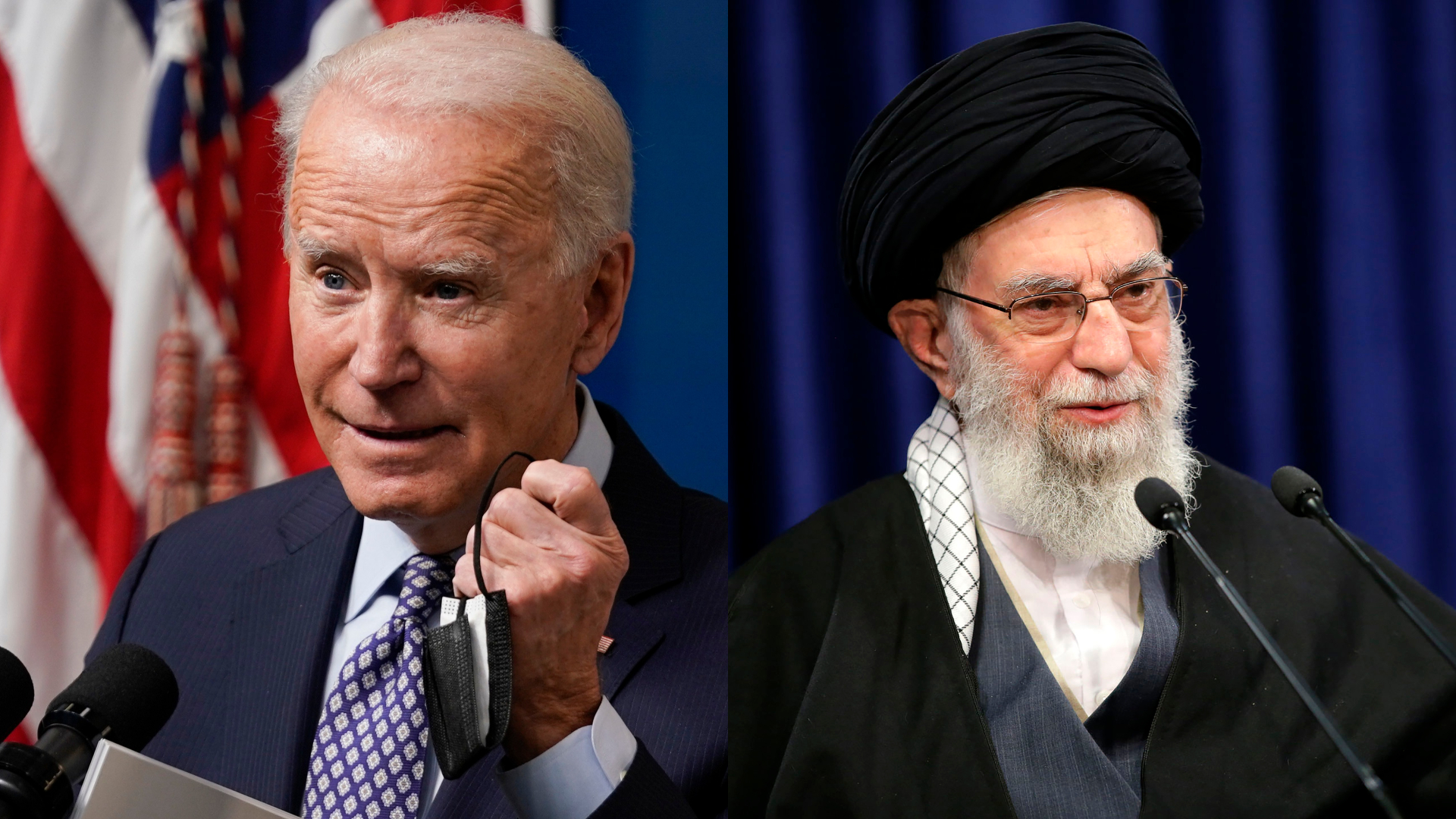
President Joe Biden has just taken his first offensive military action as commander-in chief.
Overnight, US airstrikes were carried out in eastern Syria, just a short distance from the Iraqi border.The target of the attack was an obscure militia known as the Guardian of the Blood brigades, apparently armed by Tehran, that was conducting border smuggling operations.Even if the bombs landed on Syrian soil, and those killed were likely to be Iraqi, the real message was being sent to Iran.
It was designed to make clear that Joe Biden would deploy lethal force if necessary against threats to US interests in the Middle East.
Paradoxically, something else is clear from the scale of the attack: That America wants to do a diplomatic deal with Iran.That's because this was a highly specific and limited operation, calibrated to catch Tehran's attention but not so large that Iranian leaders will feel the need to retaliate.Seven US bombs were dropped on a small cluster of buildings, and Biden is reported to have ruled out a broader range of strikes.
It follows an attack by the militia that wounded American contractors in Erbil.US officials will hope it still leaves intact the idea that Iran might come back into compliance with the Iran nuclear deal.
Next Up - a big Saudi DecisionPresident Biden has another tough decision to make in the Middle East, this time against Iran's greatest ideological foe and regional rival, Saudi Arabia.Biden is poised to order the public release of an intelligence report on the grisly murder of dissident journalist Jamal Khashoggi. It will firmly point the finger at Saudi's all-powerful Crown Prince Mohammed bin Salman, known by his initials MBS. The White House must decide whether it wants to just isolate MBS or to really punish him.
Will Biden, for example, ban MBS and his closest advisers from travel to the US, and even freeze some of his vast assets?On Thursday night, he spoke to the elderly Saudi leader, King Salman, notably keeping MBS out of the conversation.
Biden has already made clear that he opposes Saudi's war in Yemen and that he will make human rights in the kingdom a far greater priority than his predecessor, Donald Trump.
Trump not only backed MBS to the hilt, but quickly moved on from the Khashoggi murder and made arms sales his key national security objective.So Biden is taking on two of the Middle East's toughest challenges simultaneously, trying to deal with Tehran and Riyadh, one a long-standing US foe, the other a close American ally. The goal is to force both to change their conduct. But it's a narrow path.If the White House miscalculates, it will not only alienate Saudi's key ruler but also find itself in an escalating series of strikes on Iranian-backed militias.
https://news.google.com/__i/rss/rd/articles/CBMiiQFodHRwczovL3d3dy5pdHYuY29tL25ld3MvMjAyMS0wMi0yNi9qb2UtYmlkZW4tbGF1bmNoZXMtZmlyc3QtYWlyc3RyaWtlcy1vZi1oaXMtcHJlc2lkZW5jeS1vbi1pcmFuLWFuZC1sb29rcy1wb2lzZWQtdG8tcHVuaXNoLXNhdWRpLWxlYWRlctIBAA?oc=5
2021-02-26 09:55:00Z
52781402028072
Tidak ada komentar:
Posting Komentar